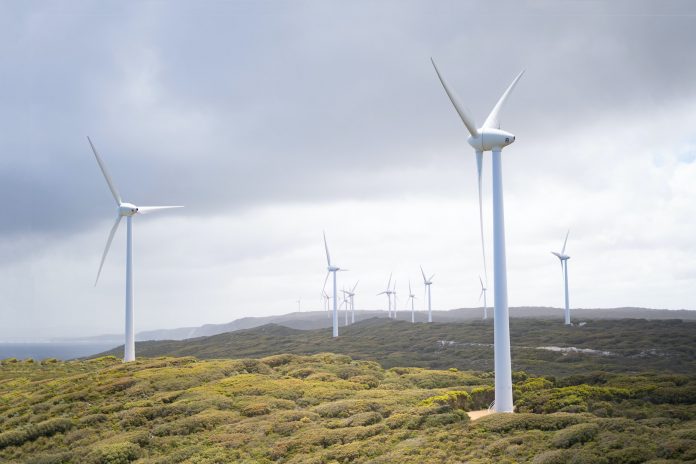My generation, the Baby Boomers, has pretty much had a dream run in Australia. Born at the end of World War II, we grew up in a period of optimism. I remember a focus on the importance of education and science. A university degree was considered to be a job ticket here and abroad.
As a child I was blissfully unaware of the threat posed by the Cold War between the Soviet Union and the United States and their respective allies. The Cuban missile crisis in 1962 brought it to the fore but I was still too young to understand the potential consequences. However I vividly remember anxiety about the nuclear arms race as a young adult.
This prompted me to join my friend Dr Peter Underwood some 15 years ago in supporting the peace initiatives of the Medical Association for Prevention of War. Our society seemed to have almost forgotten the danger over the years although a dedicated group of peace activists has been hard at work, resulting in the United Nations Treaty on the Prohibition of Nuclear Weapons which came into force in January 2021. Sadly the main nuclear powers, including Russia and the USA, are not signatories, nor is Australia.
In recent decades other threats became more real, especially our changing climate. In the last couple of years we’ve had the perfect storm of Covid, heatwaves, bushfires, storms and floods. Strings of broken weather records and unprecedented catastrophes. Then along came Russia’s invasion of Ukraine. Putin put his nuclear forces on high alert, likely meaning that there is a scenario in which Moscow could use such weapons to ward off a western intervention. At the time of writing, Russian forces have taken over two Ukranian nuclear power plants.
We can be excused for feeling anxious about the state of the world. I think the key is to prevent turning that into feeling helpless. My dear friend and mentor Ernest Hodgkin taught me a valuable strategy many years ago, one that he had practised as a prisoner of war in Changi. Paraphrased, he told me: “If you are anxious about something, think what you can do about it and do it. If you can’t do anything, there’s nothing to be gained by worrying.”
It’s widely accepted that taking action is an antidote to anxiety. I know from my experience with Nannas for Native Forests that standing up for what you believe is empowering. Whether you throw yourself into a chosen cause or just write a letter, every action we take can make us feel better and make a contribution. It might just be a donation to humanitarian aid or planting a tree.
Every restoration practitioner is part of a global movement which combats climate change, even though restoration projects are necessarily local. Every contribution counts. On a personal level, you might check that your insurance is up to scratch in case of severe weather events and, if you live in a rural area, you have a bushfire plan.
We also know that spending time in nature has benefits for both physical and psychological wellbeing. Get in touch with your place in this wonderful world rather than watching endless repetition of the dramas unfolding on TV.
And very soon you can use your vote.
The Climate Council says Australia has enough sun and wind to be a world leader in renewable energy, as well as in industries such as clean manufacturing, minerals processing and renewable hydrogen. It’s time for our federal political leaders to step up and take action to rapidly decrease emissions this decade and also grasp the huge opportunity that climate action presents.
My antidote to anxiety is to think about what kind of world we wish for following generations and do small but contributing things to help to create it.



































